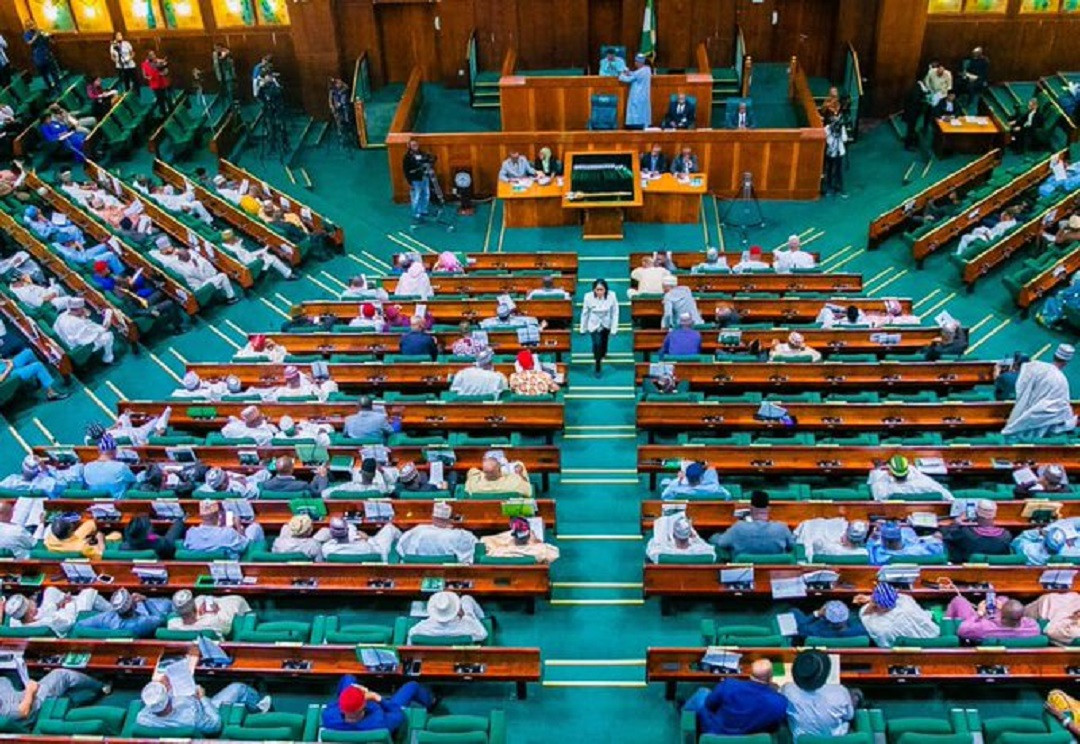Last week Friday marked the second anniversary of the current Ninth National Assembly, inaugurated on June 11, 2019. In the timeline of the country’s legislature, it is the ninth session of the National Assembly, with its life designated by the constitution to run from 2019 to 2023. That is counting from the first National Assembly which lasted from 1979 to 1983, with the switch by the country in 1979 to the presidential system of government which provided for formal separation and independence of the three arms of government. Until 1963 what the country had as legislature was the Westminster model of parliamentary practice where the legislature and the executive arms of government were fused, and parliamentarians could simultaneously serve as cabinet ministers.
- Troops need prayers to defeat Boko Haram, bandits – General
- Is all really well between Buhari and Tinubu?
The second anniversary of the current Ninth National Assembly essentially marks for it a half-time dispensation and therefore disposes it to face public scrutiny of its fortunes and performance. For, given the current state of affairs in the country, it can be surmised that at no time, other than now, has the country’s legislature been expected to be most sensitive and responsive to trending social challenges and other circumstances. And as the apex legislative organ of the country, it is not out of place to judge the performance of the entire legislature comprising the National Assembly, the state assemblies and the local government legislative chambers through the circumstances of the apex body. Yet that is where the current Ninth National Assembly may not find a wide cross-section of Nigerians granting it a pass mark, if not considering it a failed institution.
With respect to constitutional provisions, the role of the National Assembly falls into two dimensions. Firstly is the dimension of its statutory functions as the first arm of government that enjoys the direct conferment of the powers of representing the citizenry, making laws for the actualisation of good governance in the country and oversighting the performance of the other two arms of government namely the executive and judiciary. The second dimension is the provision of leadership and support to the legislative organs at the lower tiers of governance comprising the state assemblies and the local government legislative chambers. It is beyond conjecture that the Ninth National Assembly is yet to meet public expectations both in respect of its functions and as the leadership of the country’s legislative establishment.
Some of the areas where public expectation of definitive response by the Ninth National Assembly is lacking include the current wave of runaway state of insecurity, the rash of break-away tendencies by constituent ethnic nationalities of the country and the creeping meltdown of governance across the country. Whereas Nigerians expected much from the current assembly given the preponderance of its members from the ruling All Progressives Congress (APC), its performance has been below par. More specifically at present, the legislative bureaucrats in the state assemblies under the aegis of the Parliamentary Staff Association of Nigeria ( PASAN) have been on strike for months with the apex body remaining a mere spectator. The consensus on national issues which it is expected to build has been lacking, leading to unending dissensions across the country. The situation is not helped by the paucity of ideological direction by the ruling APC with its majority of membership in the institution; a situation that renders its members in the legislative house often working at cross purposes.
A most significant failure factor is the unduly servile disposition of the respective leaderships of the Senate and House of Representatives towards the executive arm which they are expected to supervise and hold accountable. Courtesy of this disturbing dalliance with the executive, it has served more like an appendage of the Presidency than a parliament of the people. In the context of such docility, the National Assembly has by acts of commission and omission spawned the present harvest of crises that threaten the corporate existence of the country.
Against these weaknesses lies the imperative for the institution to realign itself with the statutory mission and offer Nigerians a new service compact in the remaining period of its life.

 Join Daily Trust WhatsApp Community For Quick Access To News and Happenings Around You.
Join Daily Trust WhatsApp Community For Quick Access To News and Happenings Around You.


